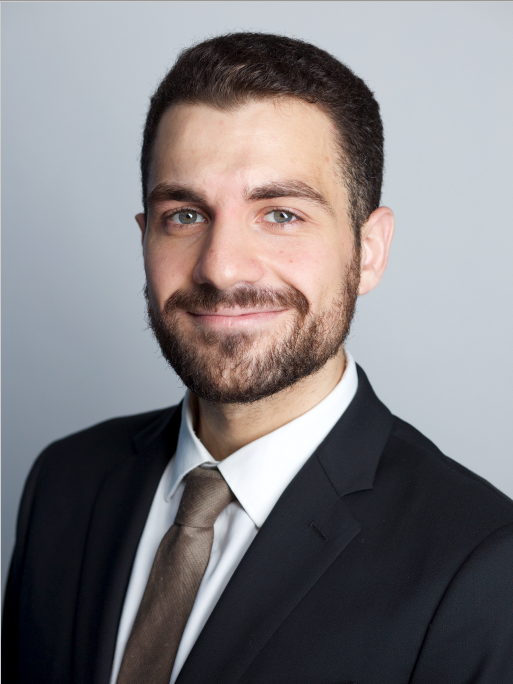
Qutaiba Idlbi
Qutaiba Idlbi was a senior fellow with the Atlantic Council’s Middle East Programs where he led the Council’s work on Syria.
His experience includes researching the framework of political imprisonment in Syria as the Syria expert at the International Center for Transitional Justice, analyzing economic sanctions and forced displacement as a nonresident scholar at the Middle East Institute, profiling refugee entrepreneurship in Turkey and Jordan with Building Markets, analyzing security policy in Turkey and Syria at the Global Policy Institute, and developing governance and security atmospheric reports for the US Joint Special Operations Command with Pechter Polls and the USAID Office of Transitional Initiatives with Caerus Associates.
Idlbi was also cofounder and vice president of People Demand Change, where he managed and evaluated governance, civil-society strengthening, and peacebuilding programs in Syria, Yemen, and Lebanon.
He is a 2013 Leaders for Democracy fellow with the Middle East Partnership Initiative at the US Department of State and a 2016 peace exchange fellow with the Dalai Lama.
Idlbi currently serves as a board member of multiple organizations advancing accelerated education, skills training, and women empowerment across refugee communities in the Middle East.
He received his bachelor’s degree in political science from Columbia University and an associate degree in finance and banking from Damascus University.
Abstract
Qutaiba Y. Idlbi presented a forward-looking analysis of Syria’s post-dictatorship transition, emphasizing the immense challenges ahead, economic collapse, infrastructure decay, and the absence of functioning institutions. Despite these hardships, he highlighted the remarkable determination of Syrians to reclaim ownership of their future, stressing the need for patience and a long-term vision. He proposed a five- to ten-year transitional period, grounded in steady progress and international partnership.
Idlbi also pointed to the geopolitical significance of Syria’s shift, particularly the rollback of Iranian influence, which he argued could reshape the regional balance and reduce sectarian tensions. Within Syria, he noted the rise of a new Sunni conservative political model, distinct from prior Islamist movements, that seeks to harmonize Islamic values with democratic norms. This model, he suggested, limits state interference in daily life and prioritizes community-led governance, offering a potential blueprint for democratic revival.
On the global stage, Idlbi called for a shift in how Syria is perceived, from a security threat to a country with social, cultural, and economic potential. He urged the international community to reframe its approach, focusing less on counterterrorism and more on development, trade, and people-to-people exchange. His remarks offered a sober yet hopeful vision for Syria’s future, one rooted in realism, regional cooperation, and renewed global engagement.

